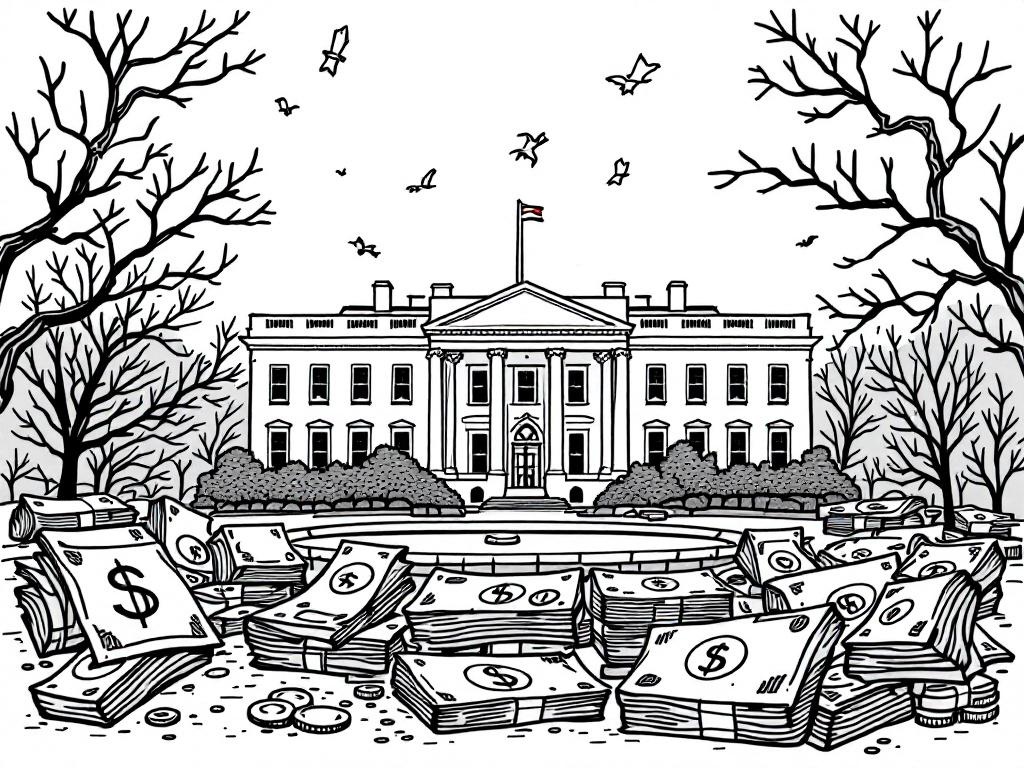White House Prioritizes Inflation and Infrastructure in Budget Talks

Washington, D.C., Monday, 3 November 2025.
The White House outlines economic priorities for Congress, focusing on inflation, small businesses, and infrastructure. Emphasizing bipartisan cooperation, these priorities aim to ensure sustainable economic growth.
Economic Priorities Amidst Political Tensions
As the United States approaches the 2026 fiscal year, the White House has emphasized its economic priorities to Congress, focusing on addressing inflation, supporting small businesses, and enhancing infrastructure investment. This initiative aims to stabilize the economy in the face of ongoing global and domestic challenges. The administration underscored the necessity for bipartisan cooperation to ensure fiscal responsibility and foster economic growth. The plans were outlined during a briefing that highlighted the administration’s commitment to sustainable development as budget discussions loom on the horizon [5].
Bipartisan Cooperation for Economic Stability
Key figures in the administration, such as Jane Doe, the Budget Director, have stressed the importance of bipartisan support for the success of economic initiatives. This approach aims to manage inflation effectively while promoting long-term growth. With budget discussions set to take place on November 7, 2025, the administration’s strategy reflects a balance between immediate economic recovery and sustainable development [5].
Infrastructure and Small Business Focus
The White House’s economic strategy includes a significant emphasis on infrastructure investment, crucial for enhancing the country’s economic foundation and supporting job creation. Additionally, supporting small businesses remains a priority, reflecting the administration’s understanding of their vital role in the national economy. These efforts are part of a broader strategic plan to ensure that the economic recovery benefits all sectors of society [5].
Implications of the Government Shutdown
The ongoing government shutdown, now entering its second month, poses additional challenges to the administration’s economic plans. President Trump has expressed frustration over the impasse, blaming Senate Minority Leader Chuck Schumer and the Democrats. The shutdown is expected to impact various sectors, including air travel and social services, potentially complicating the administration’s economic objectives [7].
Sources
- www.politico.com
- www.nbcnews.com
- thequantuminsider.com
- www.nahb.org
- thequantuminsider.com
- www.brookings.edu
- www.politico.com